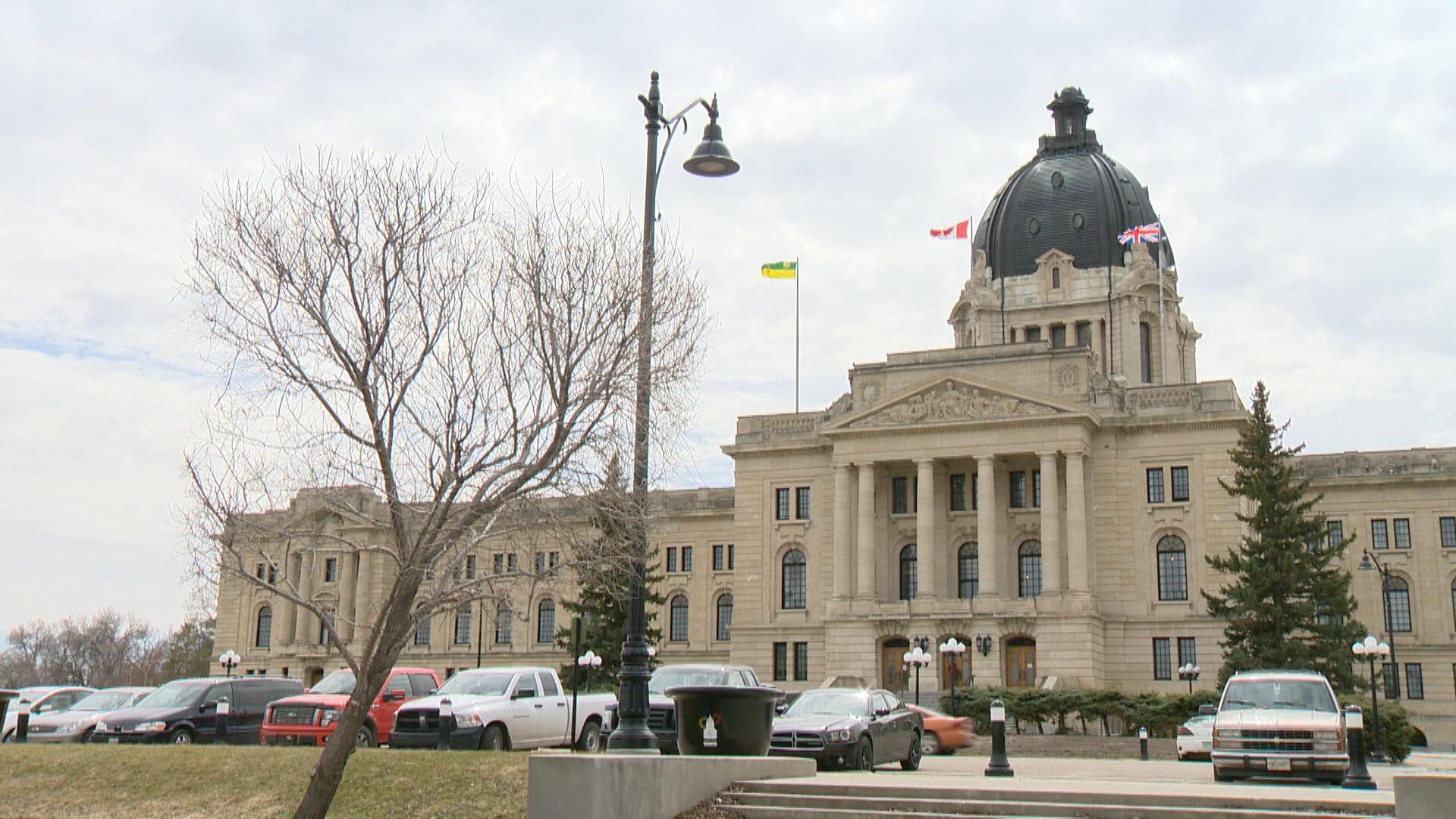The judge overseeing the trial of Daniel Penny, the man accused of using a deadly chokehold on Jordan Neely last year on a New York City subway, dismissed a manslaughter charge in the case Friday after jurors said they were deadlocked.
The decision, which came at the request of prosecutors, means jurors will consider only the lesser charge of criminally negligent homicide. It carries a maximum sentence of up to four years. Jurors were not told that prosecutors made the request. Penny has pleaded not guilty.
The jurors — seven women and five men — will resume deliberations Monday. They twice sent a note to the judge Friday — one in the morning and another in the afternoon — saying they could not come to a unanimous decision on the top charge of manslaughter in the second degree. After the first note, Judge Maxwell Wiley ordered them to continue deliberating.
Before deliberations began Tuesday afternoon, Wiley told the jury that it must come to a unanimous decision on the manslaughter charge before it would be allowed to consider criminally negligent homicide. They were also instructed to decide whether Penny’s actions caused Neely’s death and, if so, whether he had acted recklessly and in an unjustified manner.
Penny, a former Marine and architecture student, had been coming from class and was on his way to the gym on the afternoon of May 1, 2023, when he encountered an erratic Neely on a subway train.
Neely, a former Michael Jackson impersonator, threw his jacket to the ground and loudly ranted about being hungry, thirsty and not caring about whether he died or went back to jail when he boarded the train, witnesses have testified. Penny put him in a chokehold that prosecutors said lasted six minutes. It continued after the uptown F train arrived at its next stop, the Broadway-Lafayette station, bystander video showed. Neely, 30, was homeless and had a history of mental illness. At the time of his death, he had synthetic marijuana — known as K2 — in his system.
The case became a flashpoint in the long-standing debates over racial justice and safety within the city’s subway system, as well as the city’s failures in addressing homelessness and mental illness, both of which Neely had struggled with.
Penny, 26, and his attorneys have said that he acted to protect other passengers and that he did not intend to harm Neely, only to restrain him until police arrived.
A city medical examiner found that Neely died from compression to his neck as a result of the chokehold, a finding that Penny’s attorneys, Thomas Kenniff and Steven Rasier, have disputed.
Outside the presence of the jury Friday, Kenniff more than once asked that the judge declare a mistrial when the jury could not reach an agreement on the manslaughter charge. He also objected to the dismissal of the charge.
“This is essentially elbowing the jury, or would be, to reach a compromised verdict,” Kenniff said.
Before the more serious charge was dismissed, prosecution and defense attorneys had sparred over whether jurors should be forced to continue deliberating.
“The jury has been deliberating for roughly 20 hours over four days in what is, in many ways, a factually uncomplicated case as far as this is an event that transpired over minutes on video,” Kenniff told the judge. “We are concerned that the giving of the Allen charge under these circumstances will be coercive.”
An Allen charge instructs a deadlocked jury to continue trying to reach a unanimous verdict.
Dafna Yoran, an assistant prosecutor with the Manhattan District Attorney’s Office, disagreed. She said that morning the note was the first indication of any disagreement within the jury.
The jurors have sent the judge 10 or so notes since deliberations began. They asked to rewatch bystander videos of Penny restraining Neely, responding officers’ body camera videos and video of Penny’s subsequent interview with two police detectives at a precinct. They also asked to rehear some of the medical examiner’s testimony and for the judge to read back the definitions of recklessness and criminal negligence and to have the definitions in writing.
“The tenor of the notes is that this is an extremely conscientious jury that has been approaching it very systematically,” Wiley said after the defense team’s first request for a mistrial Friday. “So I think it is correct, it’s not time to declare a mistrial. But, on the other hand, it’s not time to assume that they’ve just sent this note out because it’s gotten difficult for them.”
Later, before dismissing the manslaughter charge, Wiley told jurors that he did not want them to violate their consciences or abandon their best judgment.
“I will again urge each of you to make every possible effort to arrive at a just verdict here,” he said.
After their first note indicating they were deadlocked, Wiley commended the jurors for their work so far, and told them that it is not uncommon for juries to have difficulty initially in reaching a unanimous verdict.
“You’ve been at this for a little over two and a half days,” he told the jurors before directing them to resume deliberations. “That’s a long time. But given the factual complexity of the case, I don’t think it’s too long.”









